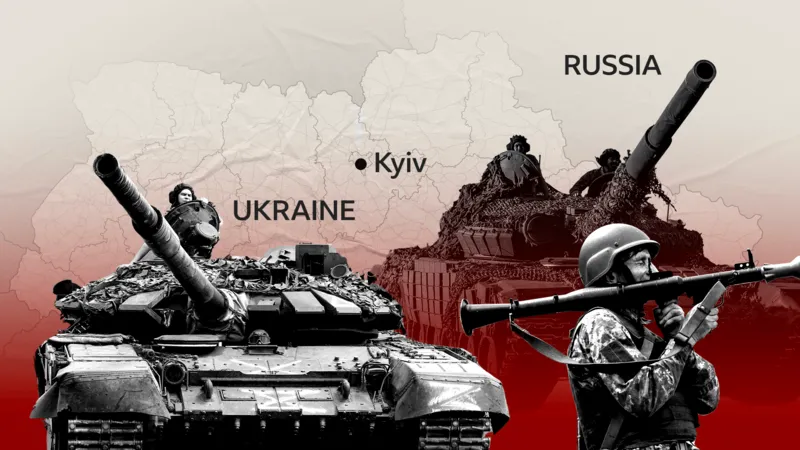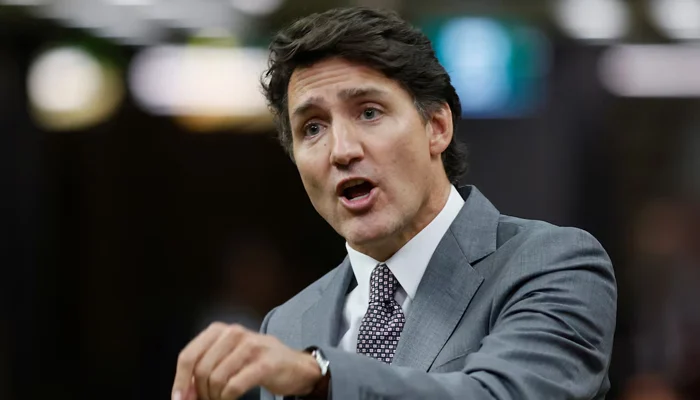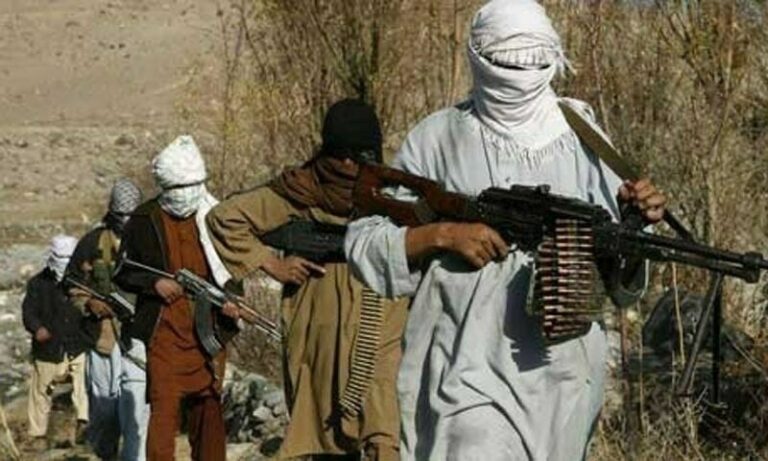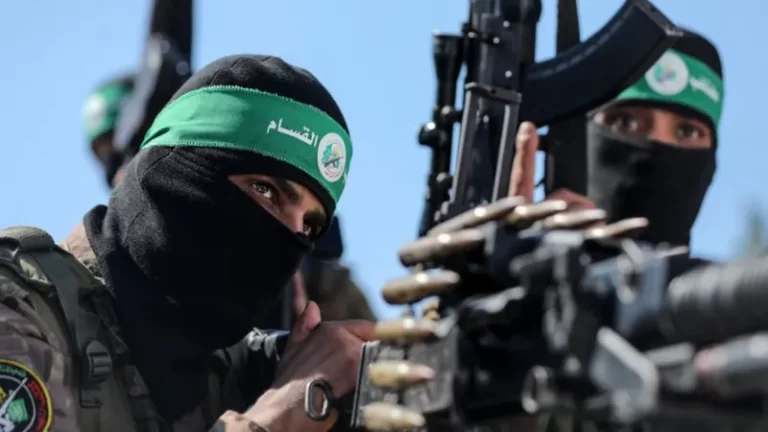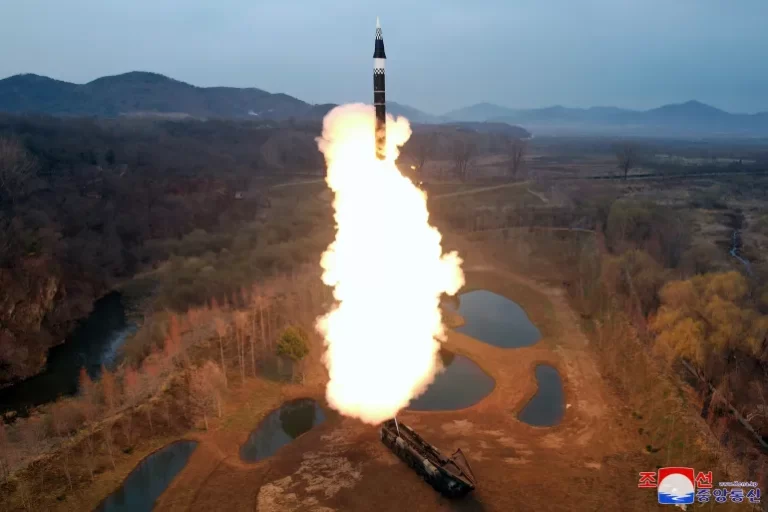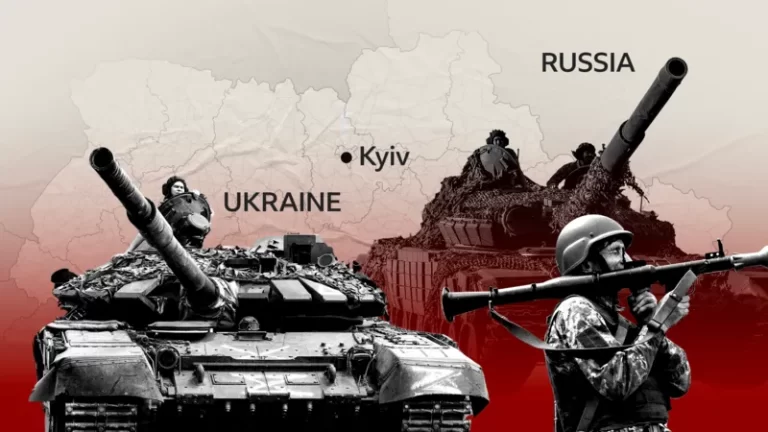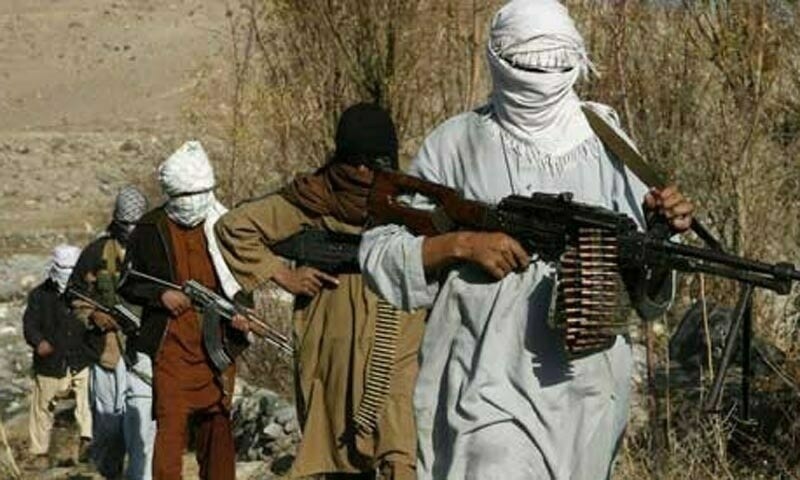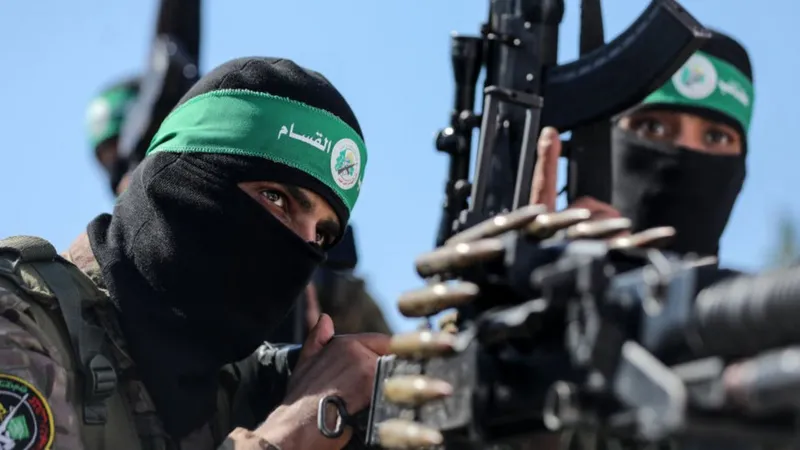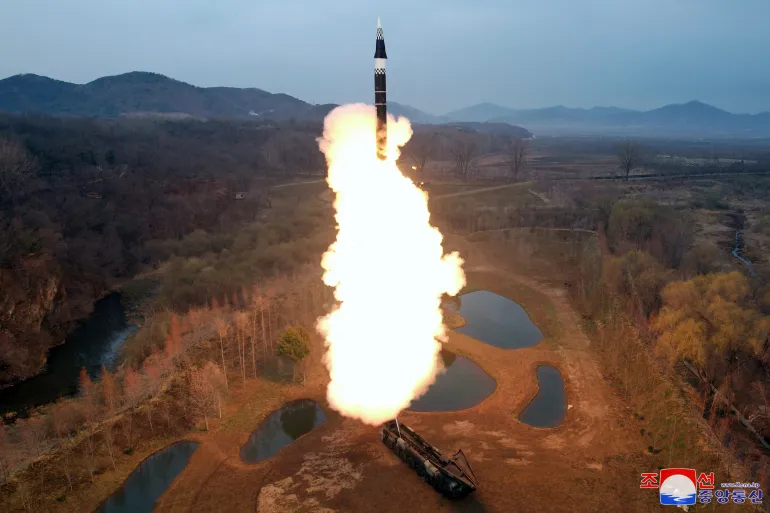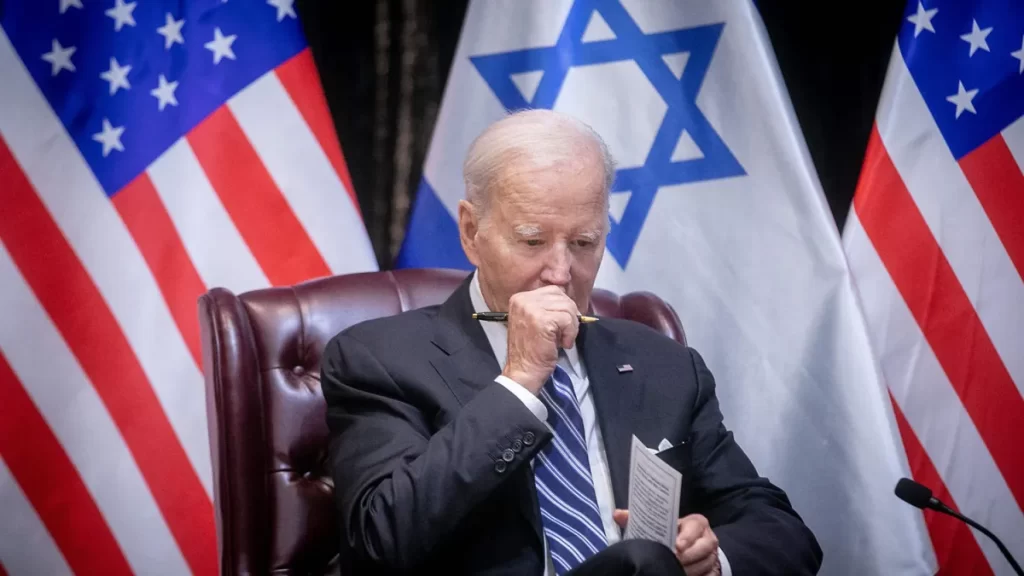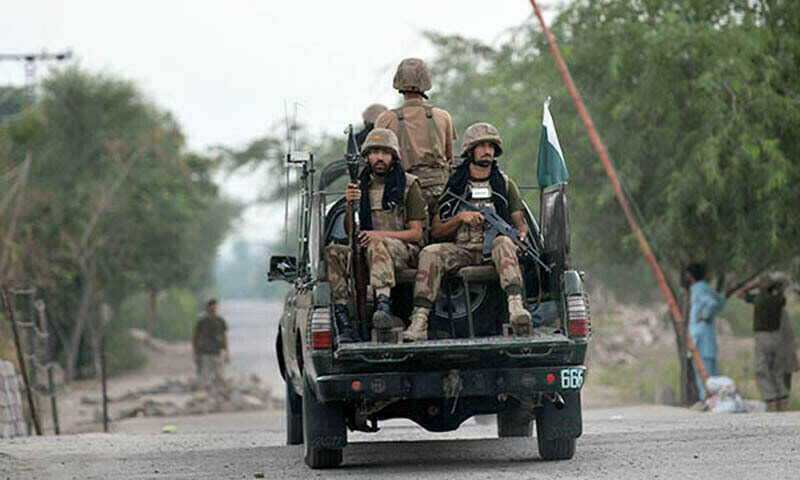The Russia-Ukraine war continues into its 1,045th day, with critical developments shaping the region’s political and humanitarian landscape. Recent events highlight the ongoing tensions, military actions, and the resilience of those affected.
Ukraine Vows Retribution Against War Criminals
Ukraine has intensified its rhetoric against Russian officials and military personnel, branding them as “war criminals.” The Ukrainian government promised to pursue justice, holding perpetrators accountable for alleged atrocities. This commitment demonstrates Ukraine’s resolve in maintaining its stance on international law and human rights.
Veterans Feel Neglected Amid Prolonged Conflict
As the war drags on, many Ukrainian veterans express feelings of abandonment. With limited resources allocated for their rehabilitation and reintegration into society, the veterans’ plight underscores the broader social challenges Ukraine faces due to the war.
Shifting Goals and Strategies
Ukraine appears to be recalibrating its war objectives. Initially focused on reclaiming lost territories, the nation now prioritizes minimizing casualties and economic resilience. This shift reflects the grim realities of protracted warfare and limited international support.
Public Condemnation of US Conscription Proposals
Ukrainians have criticized a US suggestion to lower the conscription age to bolster manpower. Citizens argue the proposal would jeopardize the lives of younger individuals. This outcry reveals growing frustration with perceived foreign interference in Ukraine’s domestic policies.
Disinformation and the Role of Technology
Amid the information war, a Ukrainian-developed video game has emerged as a surprising tool to counter Russian disinformation. By narrating authentic war experiences, it serves as an innovative medium to engage global audiences and expose the truth.
A Glimpse into Russian Perspectives
Within Russia, narratives surrounding the war remain tightly controlled. State propaganda continues to shape public opinion, presenting the conflict as a defense against Western aggression. However, dissenting voices within Russia highlight the war’s devastating human and economic toll.
Notable Incidents and Statistics
On January 3, a Shahed drone struck a residential building in Kramatorsk, Donetsk Oblast, leaving significant destruction. Ukrainian firefighters worked tirelessly to extinguish the flames. Meanwhile, Ukraine reported record Russian casualties in 2024, with over 430,000 Russian soldiers killed last year. Despite these losses, Russia managed to seize less than one percent of Ukrainian land.
Air Raids on Kyiv Escalate
On the same day, a barrage of Russian drones targeted Kyiv, resulting in one death and four injuries. Ukrainian air defenses successfully intercepted 60 out of 93 drones, showcasing their growing capability to counter Russian aerial attacks.
Finland Seizes Russian Oil Tanker
In a separate development, Finland detained a Russian oil tanker, Eagle S, suspected of damaging Finnish-Estonian undersea cables. This incident adds another layer of complexity to the geopolitical tensions surrounding the war.
Rising Costs of War
As the war stretches on, the human, economic, and political costs escalate for both nations. The international community continues to grapple with the implications, including energy crises, refugee flows, and global economic instability.
Conclusion
The Russia-Ukraine war remains a focal point of international concern, with no clear resolution in sight. Each passing day brings new developments, challenges, and shifts in strategy. As both nations endure the consequences of this prolonged conflict, the global community must navigate the delicate balance between supporting Ukraine and managing broader geopolitical risks.

